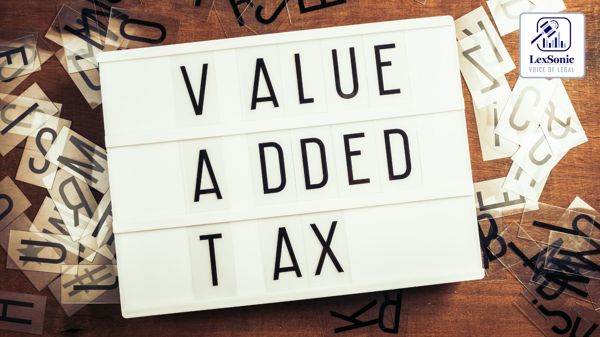Supreme Court Upholds Denial of Input Tax Credit on Tax-Exempted Sales to Manufacturer-Exporters.
09 April 2025
Value Added Tax (VAT) >> Tax Laws
The assessing officer initially allowed the input tax credit but subsequently disallowed it under Section 28 of the UP VAT Act. The core contention was whether the dealer was entitled to input tax credit on purchase tax paid for sales made to a manufacturer-exporter, where the sale itself was exempt from tax under Section 7(c) of the Act.

The assessing officer argued that while the turnover fell under Section 7(c), the proviso in Section 13(7) of the Act specifically disallowed input tax credit for transactions covered under Section 7(c). Notifications dated 24.02.2010 and 25.03.2010, which outlined the procedure for dealing with turnover under Section 7(c), did not provide for input tax credit to sellers making tax-exempted sales to manufacturer-exporters.
The dealer's appeal before the Additional Commissioner was dismissed, with the appellate authority emphasizing that the notifications related to Section 7(c) exempted direct sales of raw materials and spare parts to manufacturer-exporters upon filing Form-E but did not extend input tax credit benefits to the sellers. The authority held that Section 13(7) acted as an embargo, and since the subject turnover was tax-exempt, the dealer was not entitled to input tax credit.
The dealer's revision before the High Court also met with dismissal. The High Court, in its order dated 24.11.2014, stated that a plain reading of Section 13(7) clearly revealed the applicant's ineligibility for input tax credit on goods sold exempt under Section 7(c). The High Court found no infirmity in the Tribunal's order, answering the question of law in favor of the revenue and against the assessee.
Conversely, the respondent's counsel argued that the dealer's case squarely fell under Section 7(c) read with the relevant notifications, and consequently, Section 13(7) explicitly disentitled the dealer from claiming input tax credit. It was emphasized that tax statutes should be interpreted based on their clear expression, and intent cannot override the explicit provisions.
The Court held that the prohibition on allowing input tax credit in this scenario was a clear statutory mandate. Despite the appellant's argument regarding the policy intent, the Court found it difficult to disregard the unambiguous language of Section 13(7). The Court reasoned that a dealer availing the exemption under Section 7(c) should be aware of the limitations on claiming input tax credit.
UTTAR PRADESH VALUE ADDED TAX (SECOND AMENDMENT) Act, 2009
